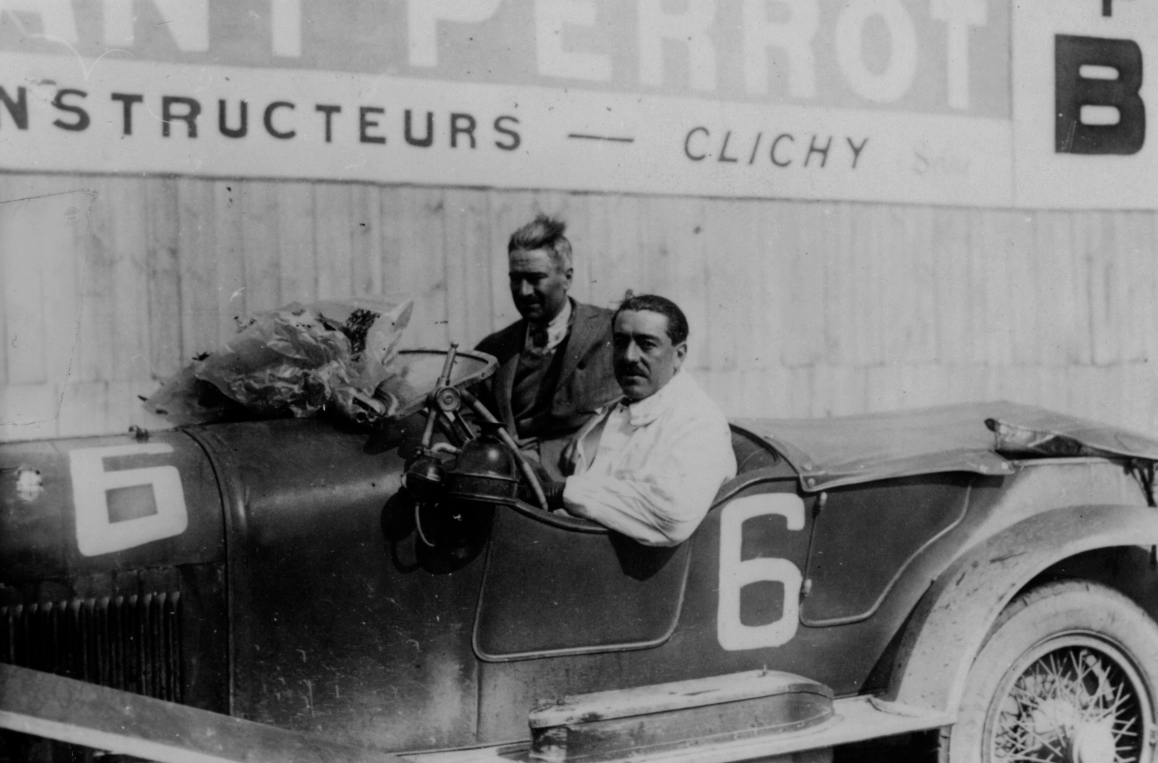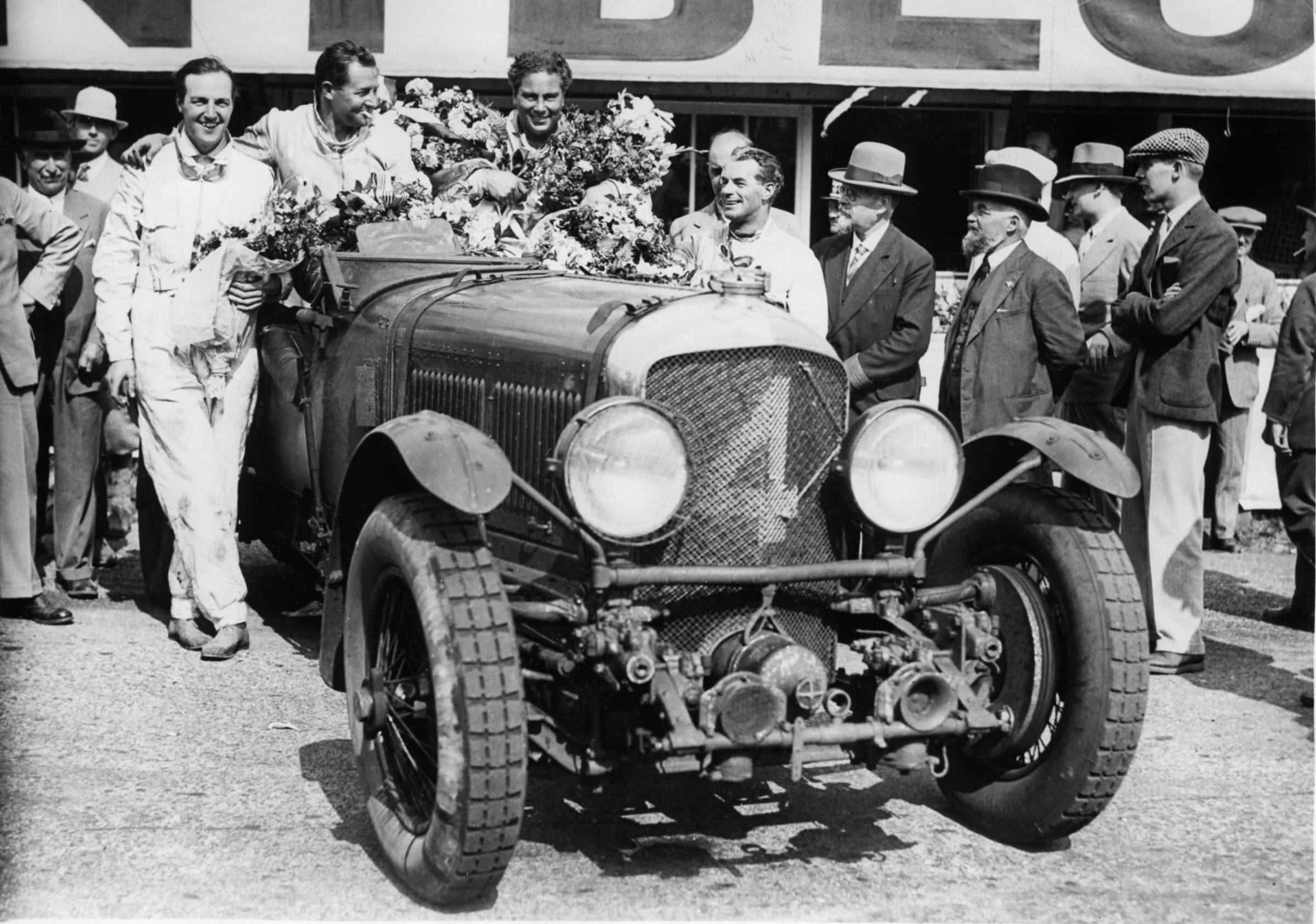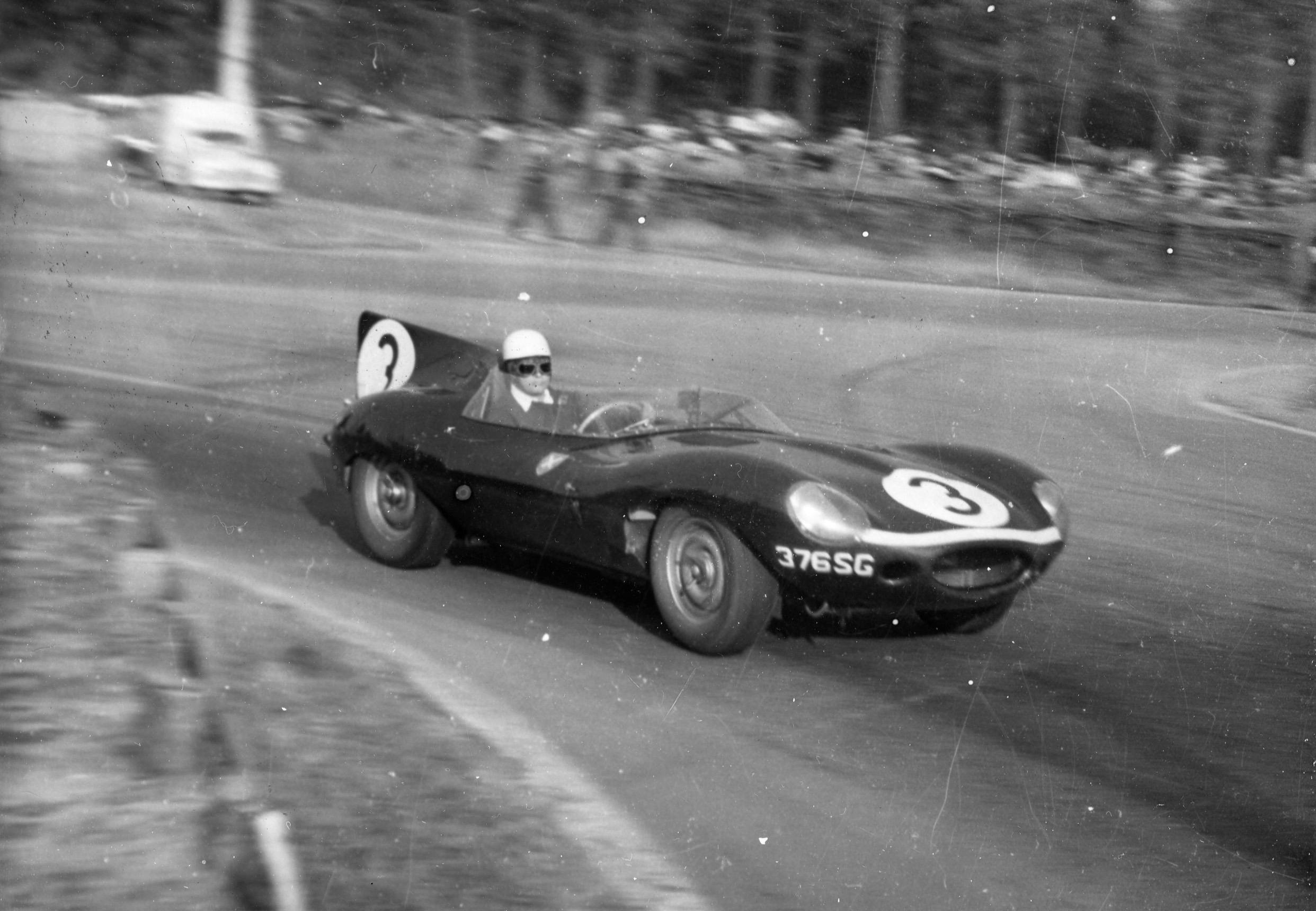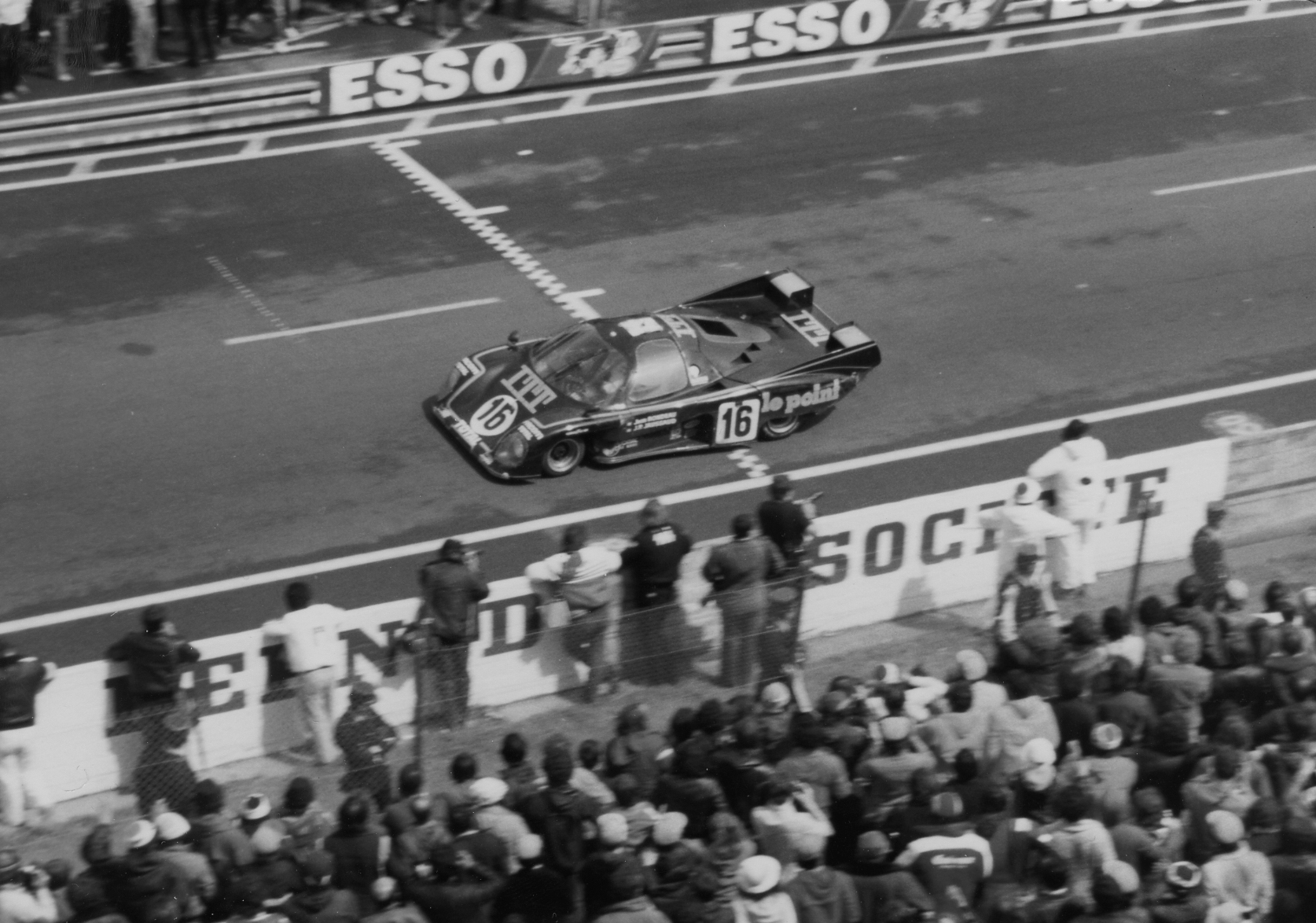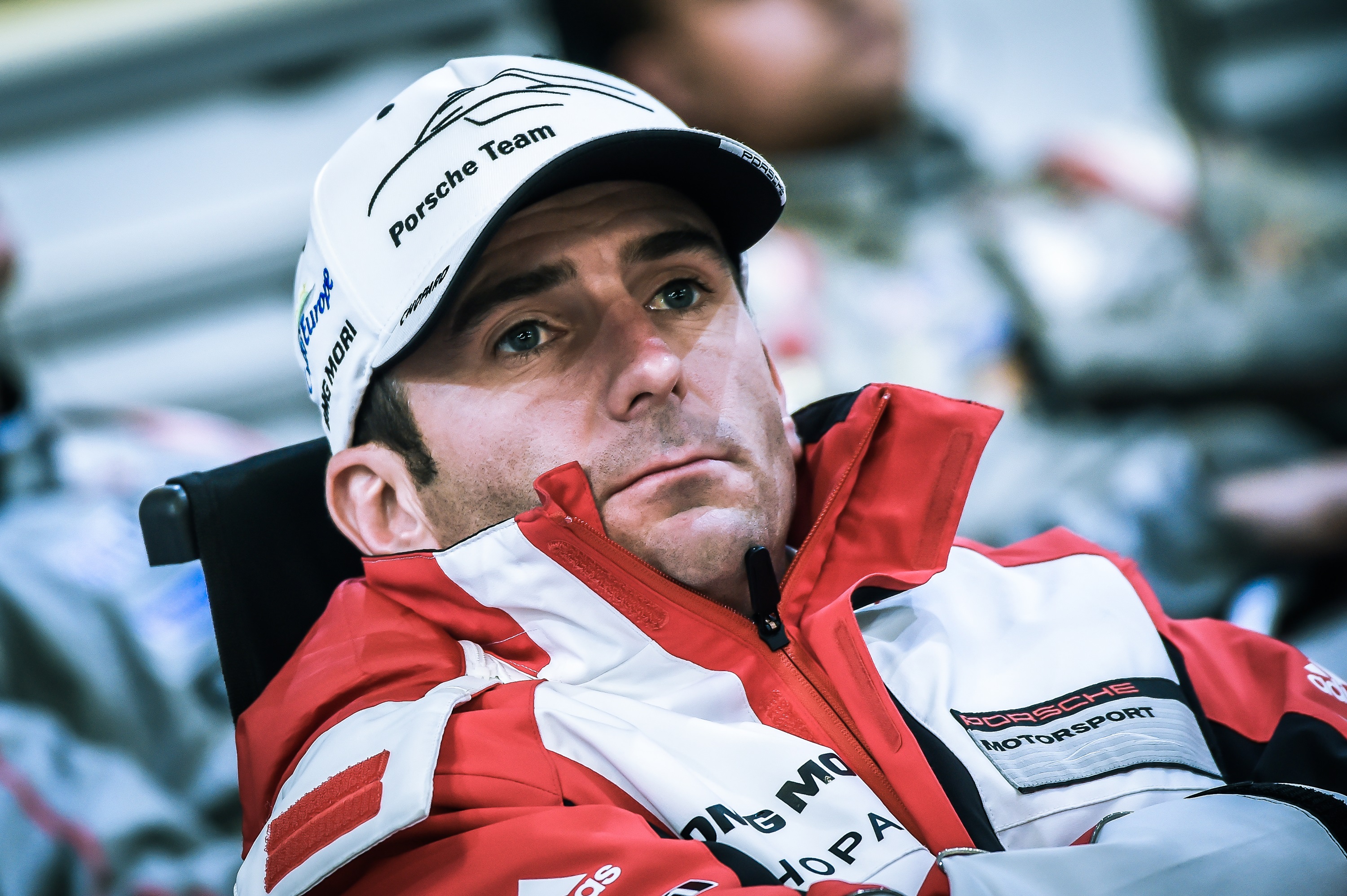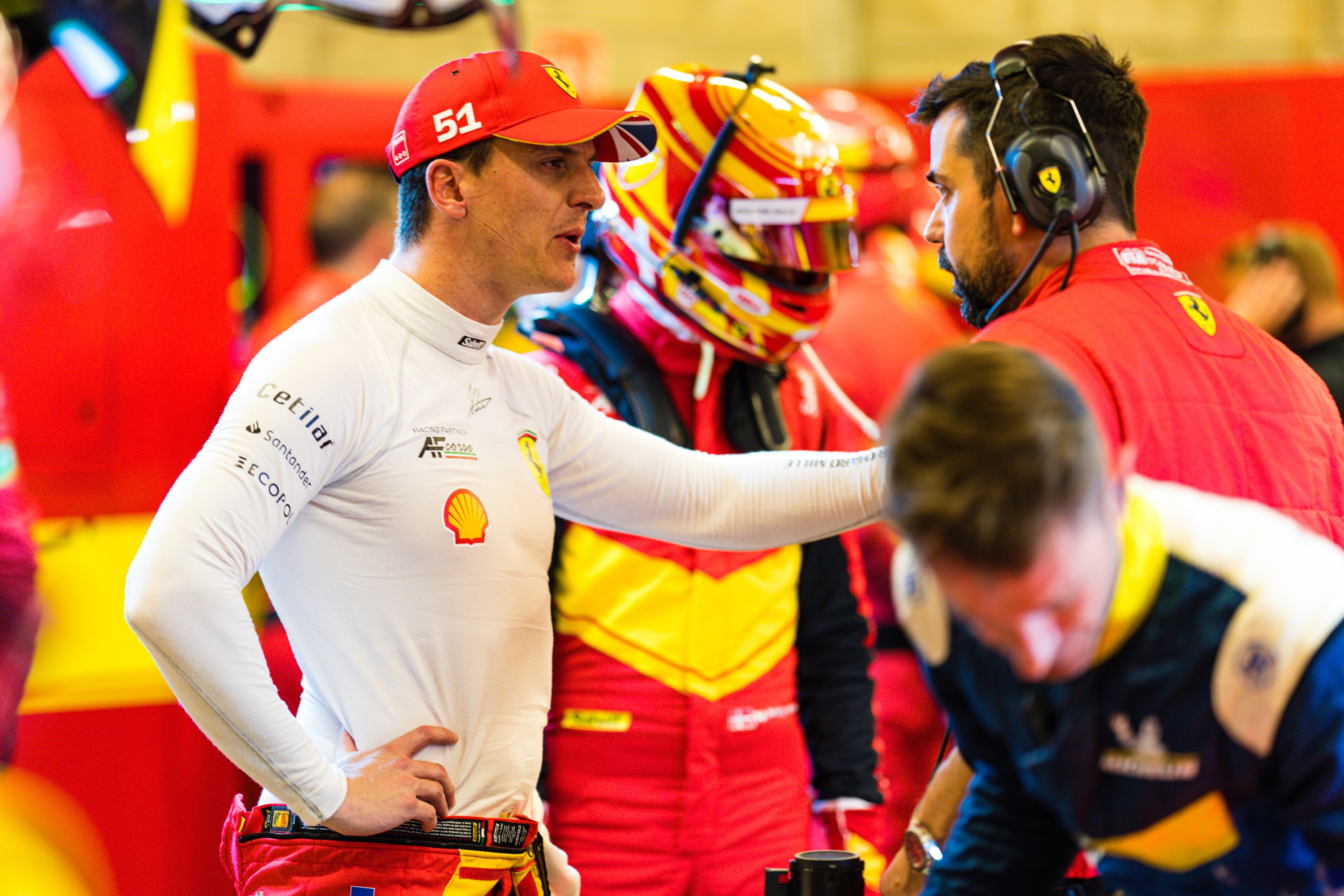For more than a century, an endless string of legendary drivers has proudly represented two of the top countries in the world of auto racing, France and the UK. The 24 Hours of Le Mans, a true reflection of automotive sporting trends and innovation, has witnessed brilliant performances by both French and British competitors throughout its history. After 100 years and 91 runnings, the two nations are still fighting for ultimate bragging rights at the race.
Crazy Stat
Initially, the 24 Hours of Le Mans was envisioned to test the reliability of road cars destined for the average driver. But, the race very quickly evolved into a competition reserved for increasingly finessed cars, essentially prototypes. The founders never considered it a playing field for drivers, that was the domain of Grand Prix, the predecessor of Formula 1. Even fans were more interested in the carmakers than the men entrusted to earn wins. The individual influence of great champions was diminished by the nature of endurance racing as a team sport.
None of the above has prevented certain drivers from achieving sensational exploits at the race. The nine victories of Tom Kristensen, the five poles of Jacky Ickx or Kamui Koyayashi's lap record, for example, are remarkable evidence of individual triumphs. There are others, lesser known perhaps, but just as impressive.
What is the probability that after a century of racing, two countries have managed to produce – almost – the same number of winning drivers? Ahead of the 2024 24 Hours, France counts 29 and the UK 34. It's an astonishing stat given that drivers of 19 different nationalities have won the race. Another major auto racing country, Germany, boasts 18 winners, Italy and the US, 12.
The innovative Lorraine-Dietrich B3-6 winner in 1926, driven by two Frenchmen. This car was the first ever equipped with a fog light.
The Brits Make Themselves at Home
France has the home playing field advantage. Naturally, the French race attracted local constructors, particularly during the 1920s and 1930s, and of course they tended to recruit French drivers. But, why are the Brits so successful at Le Mans?
The UK has always had its fair share of reputable marques ready to compete at the 24 Hours: a private Bentley paved the way at the inaugural running in 1923, clinching the win the following year. The British carmaker then spent considerable resources to remain a major contender, already recognised as one of the most important races in the world just a few years after its inception. The Bentley Boys era drew a large number of Brits to the circuit, warmly welcomed by the race director at the time, Charles Faroux, who understood the growth potential of the 24 Hours of Le Mans.
The mythical Bentley Speed Six gave Woolf Barnato and Glen Kidston a fourth win in a row. The British marque wouldn't triumph at Le Mans again until 2003, some 73 years later.
Thanks to successful results achieved by Bentley, Aston Martin and Lagonda in the various categories, British fans have established an extremely strong presence at the race, and continue to brighten the grandstands and campgrounds as the majority contingent of foreign spectators.
A Century-Long Duel
In the early years, the Brits and French held the monopoly on the top step of the podium. It would take until 1932 and Luigi Chinetti for a winner to emerge from outside the two countries, and even then Chinetti had served as a mechanic in Paris shortly before his victory. The domination of the Bentley Boys between 1927 and 1930 gave the Brits the upperhand thanks to big names like Woolf Barnato, Henry Birkin and Earl Howe. Their French rivals included the winners of the first running, André Lagache and René Léonard, and other legends like Robert Bloch, Raymond Sommer and Gérard de Courcelles.
From 1923 to 1939, before a nine-year hiatus due to World War II, at least one French and one British driver were members of each winning crew. The trend continued after the race resumed in 1949, but by then more drivers of other nationalities were arriving on the scene. The 1952 24 Hours was won by two Germans with Mercedes-Benz and José Froilán González became the first Argentinian to triumph, in 1954. The Belgians and Americans followed, then drivers from countries like Mexico and Austria.
Two Scottish drivers, Ron Flockhart and Ninian Sanderson, won the race representing the Ecosse team in 1957 with a Jaguar Type D.
Over time, the dynamics shifted. French drivers won sporadically, sometimes with the Scuderia Ferrari (who did not hire drivers based on nationality) and other times with marques from their home country. The win scored by Jean Rondeau and Jean-Pierre Jaussaud at the 1980 24 Hours was the last for an all-French driver line-up to date. The UK saw a decline in domination for the most part, with the exception of Jaguar's presence in the 1950s: the Brits won three consecutive runnings from 1955 to 1957.
A New Era
Little by little, fan loyalty based on specific driver nationality began to fade. We cheered on Derek Bell because he's Derek Bell, not because he's British. But often each marque makes the effort in its top crews to keep a driver of the same nationality so the impact will be maximised in the event of victory.
Examples: in 1992 and 1993, at least one French driver was recruited for each Peugeot 905. En 1999, BMW and Mercedes-Benz followed suit with Germans. Between 2018 and 2022, at least one Japanese driver contributed to Toyota wins, whether that be Kazuki Nakajima, Kamui Kobayashi or Ryō Hirakawa. The practice isn't systematic, but remains frequent.
Jean Rondeau's victory was historic in more than one way. At the time, all-French driver line-ups boasted 11 wins against 10 for British duos. No other country had more than one.
In more recent times, contender status for British and French marques has been a rarer phenomenon, and the same can be said for drivers from both countries. The last Frenchman to win the 24 Hours was Romain Dumas in 2016, and the last two Brits were Mike Conway with Toyota in 2021 and James Calado with Ferrari in 2023. The duel remains eminently tight, and this year's running could completely disrupt the status quo, especially as the Hypercar category is stocked with top talent from both camps.
Here at the start once again in 2023, French racing legend Romain Dumas secured a stunning win in 2016 after the Toyota headed to victory broke down in the final lap.
Crews at the 2024 24 Hours are set to include several French and British drivers, 12 for the former and eight for the latter (so far, as not all have been finalised). Traditions die hard: Herz Team JOTA, British runner of the Porsche 963, has opted for as many as four Brits for two cars, among them 2009 F1 world champion Jenson Button. Alpine has recruited four French drivers for its two A424s.
If the nationality of Le Mans winners may seem anecdotal at first glance, the re-emergence, quantity and sudden occurrence at certain moments in history are indicators of the cultural, political and sporting dynamics of their respective countries. With that understanding, the race makes it possible to gain a little more insight into the past and present, if not the future, of our world.
James Calado, a go-to driver for Ferrari AF Corse, will seek a second consecutive win at the 2024 24 Hours. He is in fact the only Brit in the line-up.

